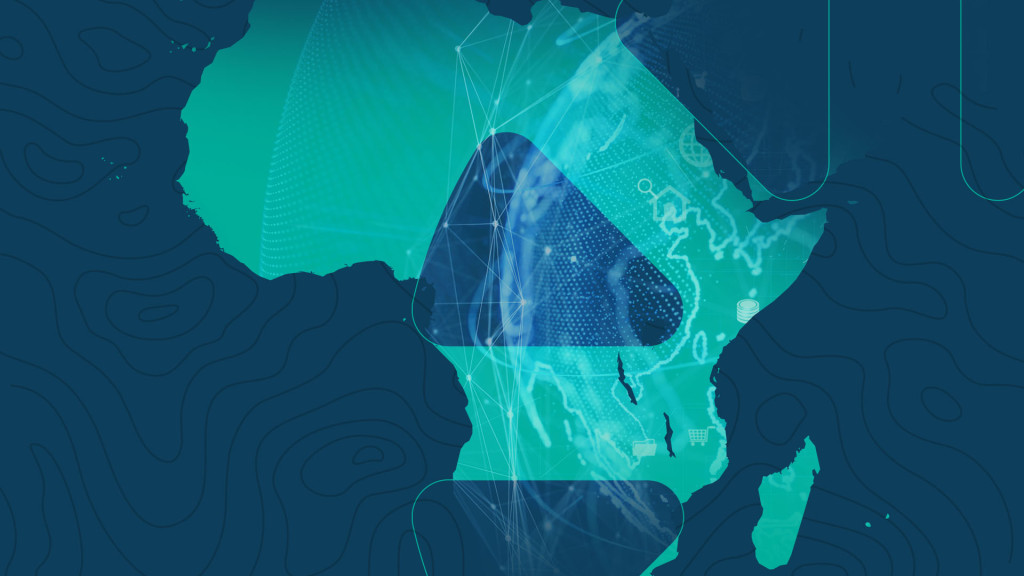Cameroon faces renewed internet disruptions
Residents and local groups say connectivity has been unreliable for days, limiting access to news, emergency information, banking and mobile money services, and routine communications.

Internet access has been disrupted in parts of Cameroon, with shutdowns and severe throttling reported most acutely in the Northwest and Southwest regions. The interruptions arrive amid continuing insecurity and periodic lockdowns linked to the long-running crisis in the anglophone regions and ahead of national elections expected in October.
Residents and local groups say connectivity has been unreliable for days, limiting access to news, emergency information, banking and mobile money services, and routine communications. Businesses report lost income and broken supply chains; students and teachers face cancelled online classes and research gaps; clinicians and patients describe delays in digitally coordinated care; and journalists say outages are complicating efforts to verify and report developments. Civil society lawyers warn that network disruptions curb constitutionally protected rights to expression, information, association and peaceful assembly.
Why does it matter?
Cameroon has previously faced criticism over the use of network restrictions during periods of political tension. Rights advocates argue that cutting or curbing access rarely improves security conditions and instead isolates communities, heightens mistrust, and widens economic losses, particularly for small enterprises that rely on mobile data and digital payments.
Against this backdrop, the Digital Rights Alliance Africa (DRAA) issued a statement condemning the ongoing disruptions and urging authorities to restore service. The alliance – a network of NGOs, media, lawyers and technologists active in 11 African countries – said the latest measures ‘compound hardships’ in regions already grappling with constraints on movement and public life.
In its statement, DRAA called on the government to restore full and unrestricted internet access across all affected areas and to refrain from using connectivity controls during political or security crises. The group stated that such actions undermine rights protected under the Cameroonian Constitution, as well as regional and international instruments, including the African Charter on Human and Peoples’ Rights and the International Covenant on Civil and Political Rights.
DRAA outlined several steps it believes are necessary to prevent further harm: commit to ending the use of shutdowns as a tool of control or censorship; engage in dialogue with civil society, media and other stakeholders to address grievances; prioritise rights-respecting approaches to the conflict and broader governance challenges; and ensure transparency and accountability in the management of telecommunications infrastructure and services.
The alliance framed internet access as a lifeline for learning, work, communication and participation in democratic processes, arguing that service restrictions deepen social and economic strain rather than resolving underlying disputes. It expressed solidarity with those affected and urged authorities to adopt measures that protect both public safety and fundamental freedoms.


